
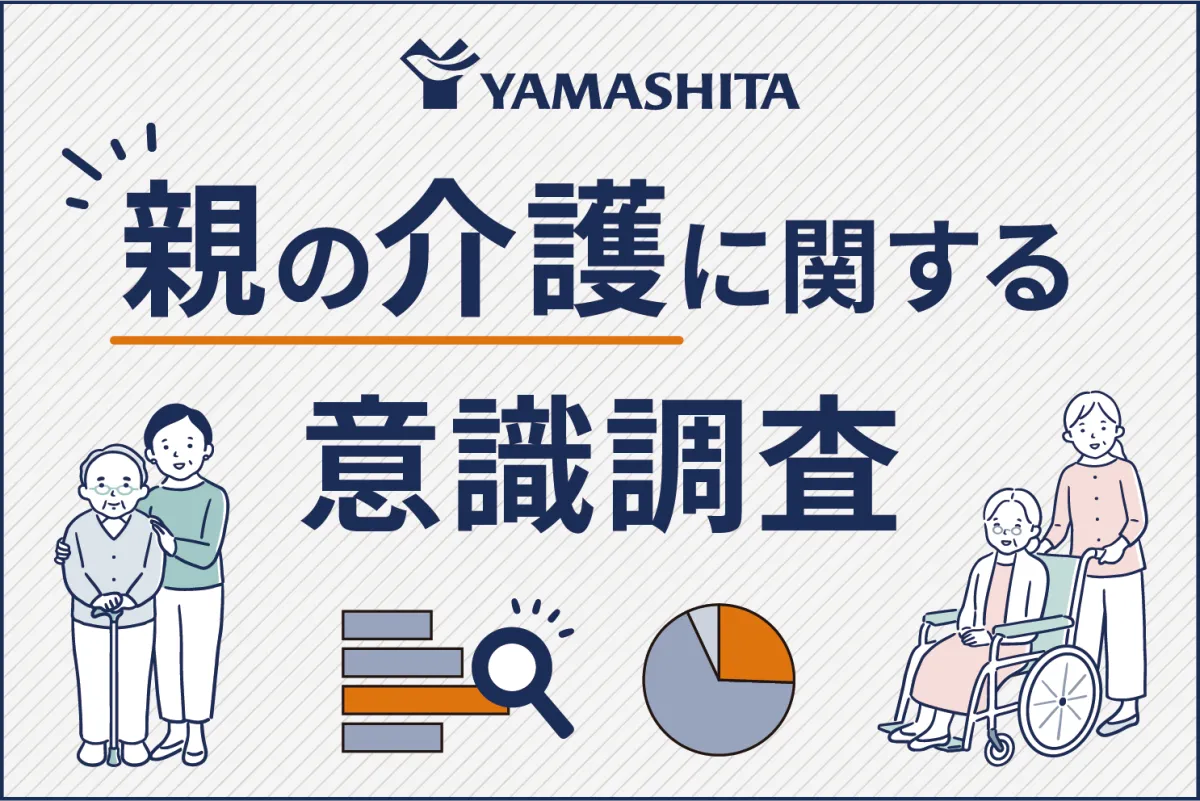
Yamashita's Survey Reveals Caregiving Concerns Among Pre-Caregivers in Japan
Yamashita's Insight into Caregiving Anxiety
Recently, Yamashita Inc., the leading provider of caregiving supplies and rental services, conducted a significant survey aimed at understanding the perceptions and anxieties surrounding the caregiving responsibilities anticipated by individuals in the 'pre-caregiving' demographic. This encompasses men and women aged 45 to 69 who are either already involved in caregiving or are likely to engage in caregiving for their elderly parents in the foreseeable future. The survey included responses from 55,515 participants across Japan and was conducted over two days, June 5th and 6th, 2024.
Scope of the Survey
The survey focused on a variety of questions that explored the participants' awareness of their parents’ aging conditions, their levels of anxiety regarding future caregiving, and the current services they utilize. The aim was to gather comprehensive data that could inform strategies for support in the caregiving journey.
Key Survey Findings
1. Current Care Needs
Approximately 37.5% of respondents indicated that either one or both parents or in-laws are recognized as needing assistance, reflecting a significant awareness of parental aging within this age group. This statistic highlights the increasing demand for caregiving resources.
2. Anxiety about Caregiving
Over half of the respondents expressed feeling anxiety or some level of concern regarding their prospective caregiving responsibilities. Notably, the survey revealed that women reported higher levels of anxiety compared to men, underscoring a possible disparity in perceived burdens associated with caregiving roles.
3. Perceptions of Aging
About 70% of participants acknowledged being conscious of their parents’ aging and potential future caregiving demands. Despite this awareness, only a quarter of them had openly discussed caregiving with their parents, suggesting a significant communication gap that needs addressing.
4. Perceived Caregivers
When asked about who would primarily take on the caregiving duties, 25.3% of men and 37.3% of women believed they would be the main caregivers of their parents or in-laws. This raises interesting questions about expectations versus reality, as real-life caregiving often involves a network of family members and professional services, rather than a single individual bearing the entire burden.
5. Living Arrangements
The survey found that while many do not live with their parents, over 20% reside in the same city or municipality. This proximity can facilitate more manageable caregiving arrangements, allowing for flexibility in utilizing both family support and professional services.
6. Awareness of Care Services
Participants most frequently associated caregiving with day services (62.3%) and long-term care certification (54.6%). The services currently utilized most often include day services, home care, and renting caregiving supplies, with day services being the most utilized option.
7. Support Services
In terms of actual services being used, 61.6% of respondents relied on day services, followed by home care at 36.4%, and caregiving supply rentals at 35.2%. The statistics suggest a robust integration of caregiving supplies into the support systems for elderly care.
Conclusion
The findings from Yamashita’s survey reveal a crucial awareness among pre-caregivers about the aging of their parents and the likely caregiving responsibilities they may face. However, it also highlights a significant gap in communication and preparedness for these roles, especially regarding women's heightened anxiety. The realities of caregiving indicate that it is not just an individual's responsibility; rather, it is a collective effort involving family collaboration and professional services. As society progresses, it is vital to foster a culture that encourages dialogue surrounding these issues while providing adequate support structures. Increasing the availability and accessibility of caregiving supplies through rental services can alleviate financial burdens while enhancing the quality of life for both caregivers and those receiving care. Yamashita's resources not only facilitate this process but also encourage informed choices about caregiving supplies, ensuring that individuals can navigate this challenging yet vital responsibility with confidence.
Yamashita operates a comprehensive platform, 'Yamashita Sugukita', providing information on caregiving supplies and showcasing successful case studies. For those newly navigating the complex world of caregiving, they offer essential support through their informative resources.
About Yamashita Inc.
Founded in 1963, Yamashita aims to enhance lives through quality caregiving services and products. With ongoing efforts in digital transformation and business expansion, the company is poised to meet the increasing demands of the caregiving sector while achieving significant growth in the years to come.
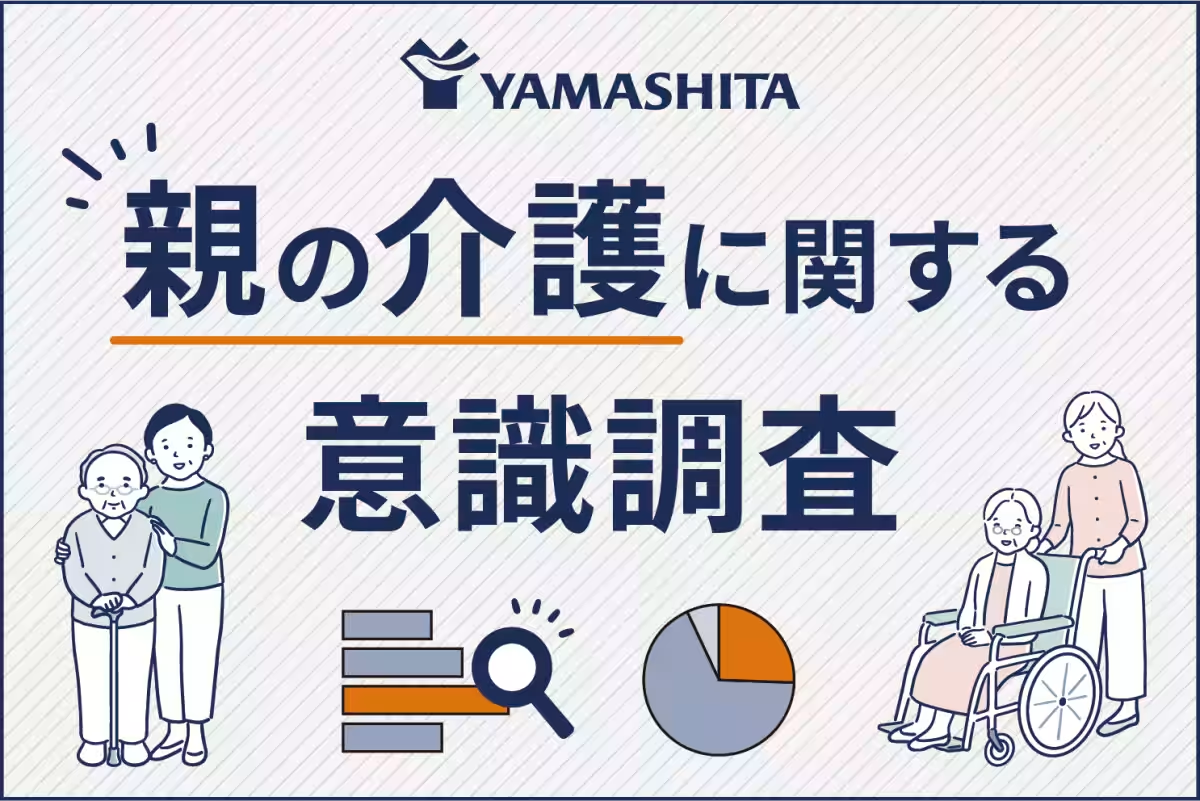
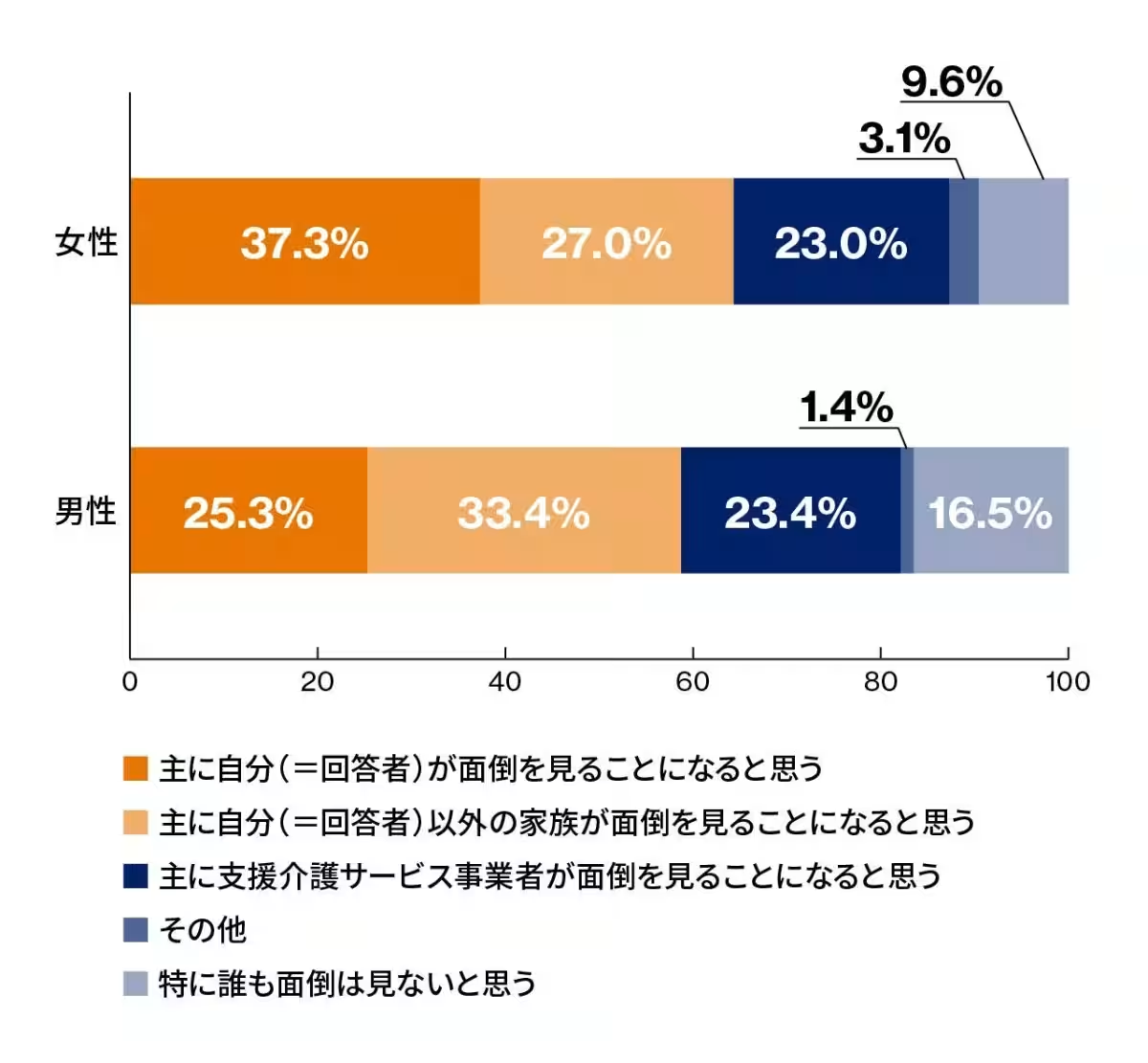
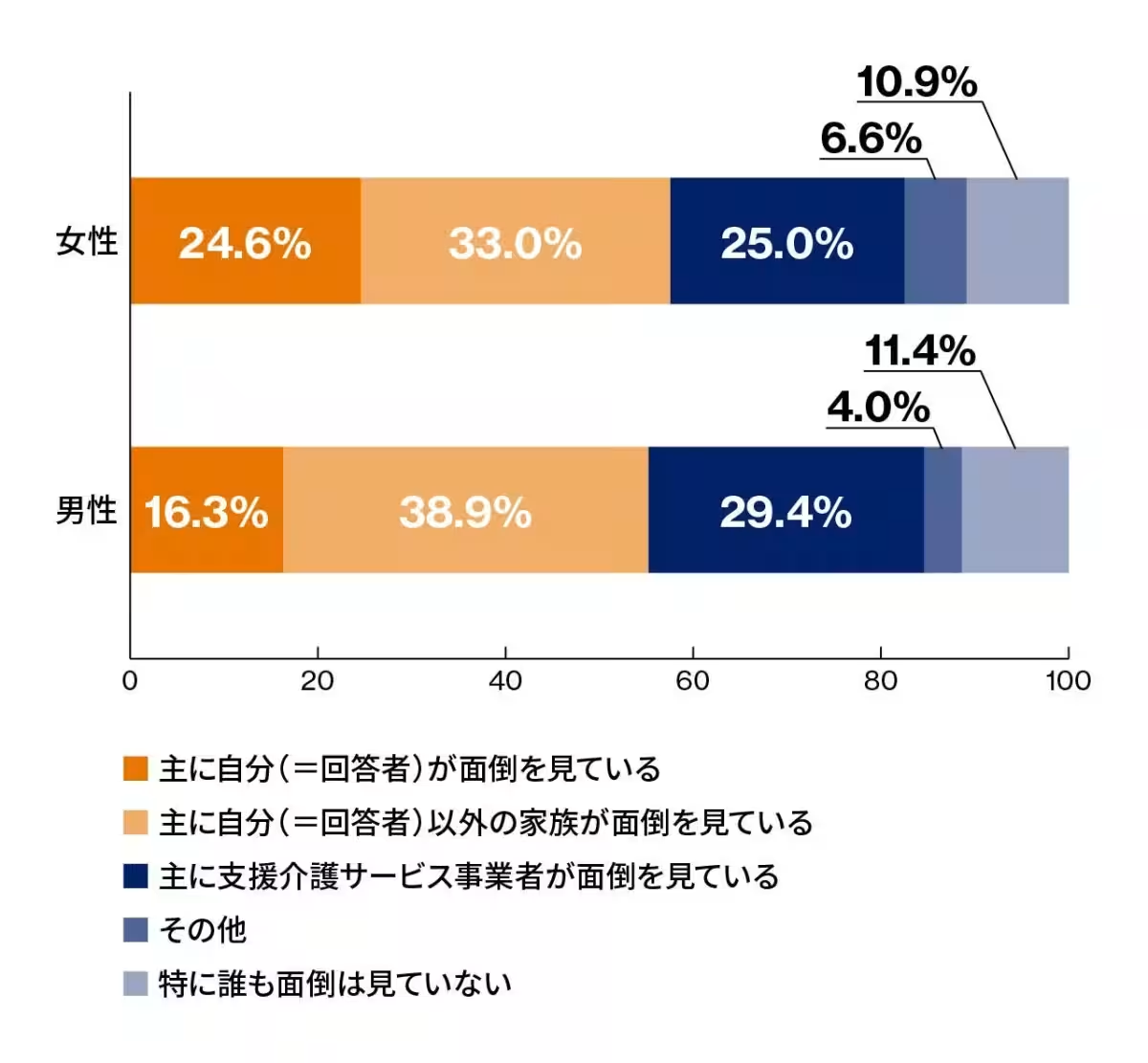
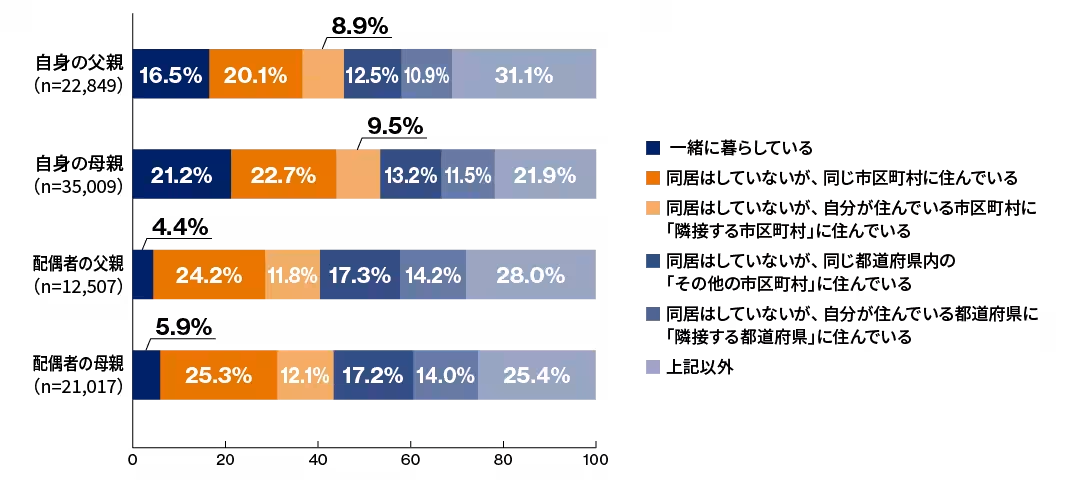
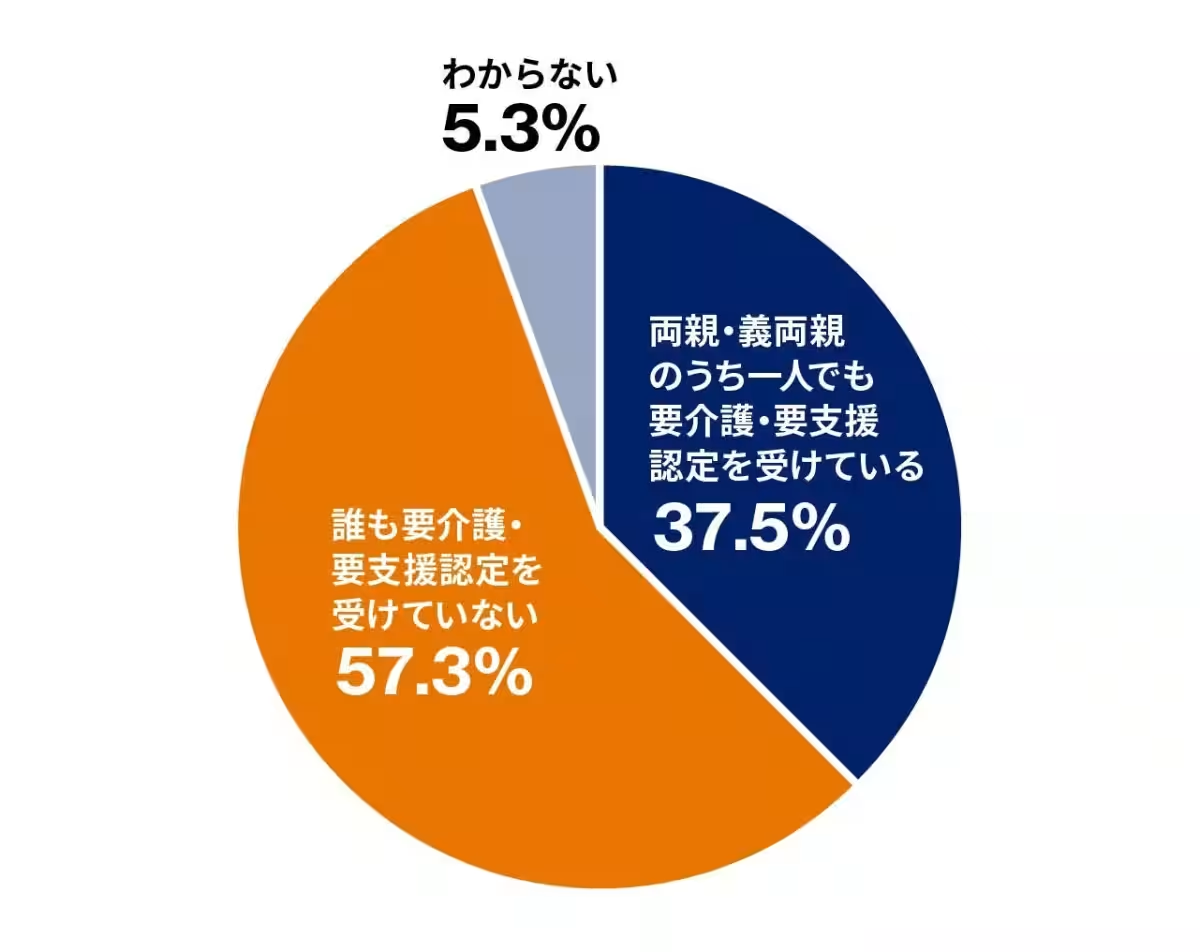
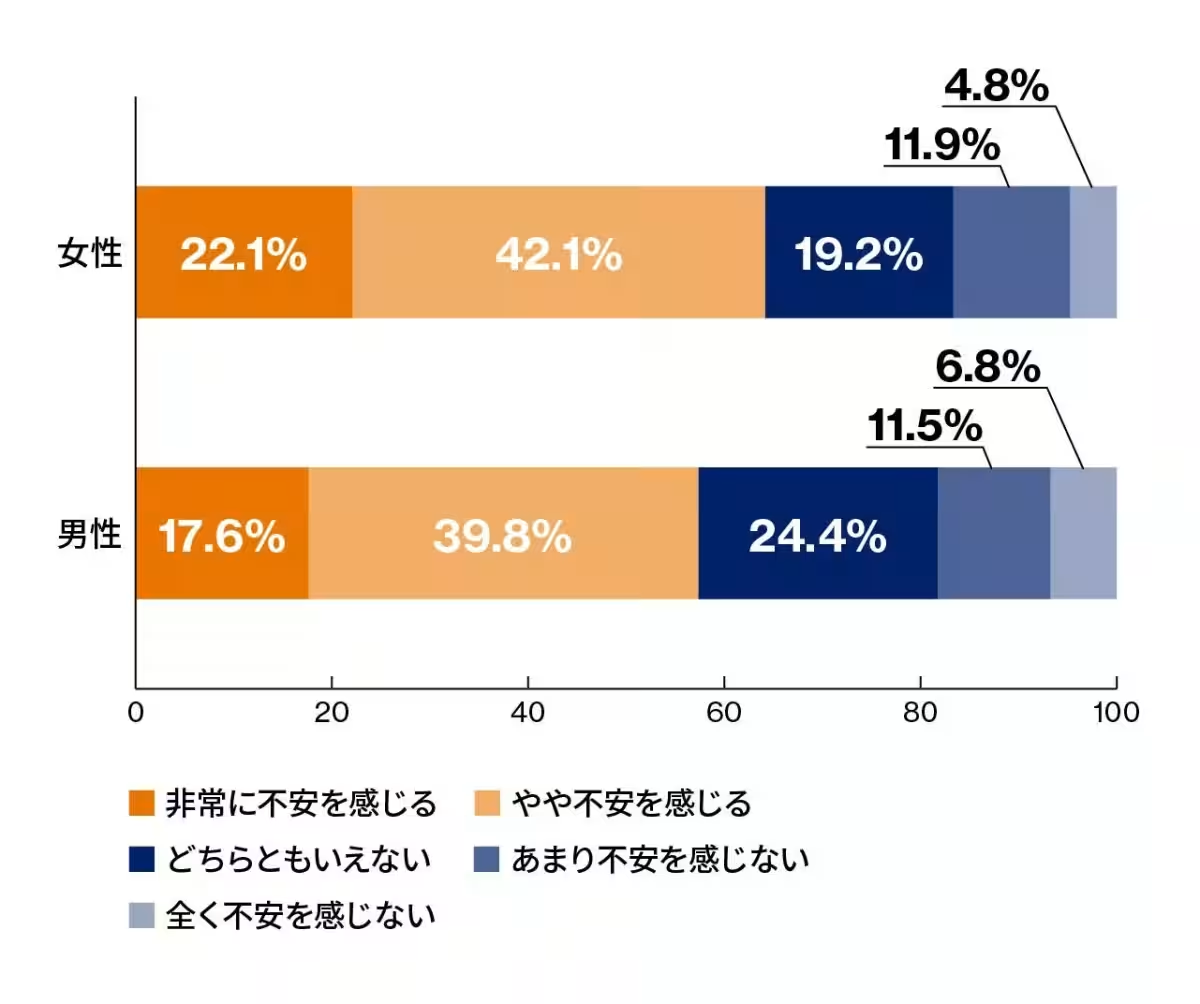
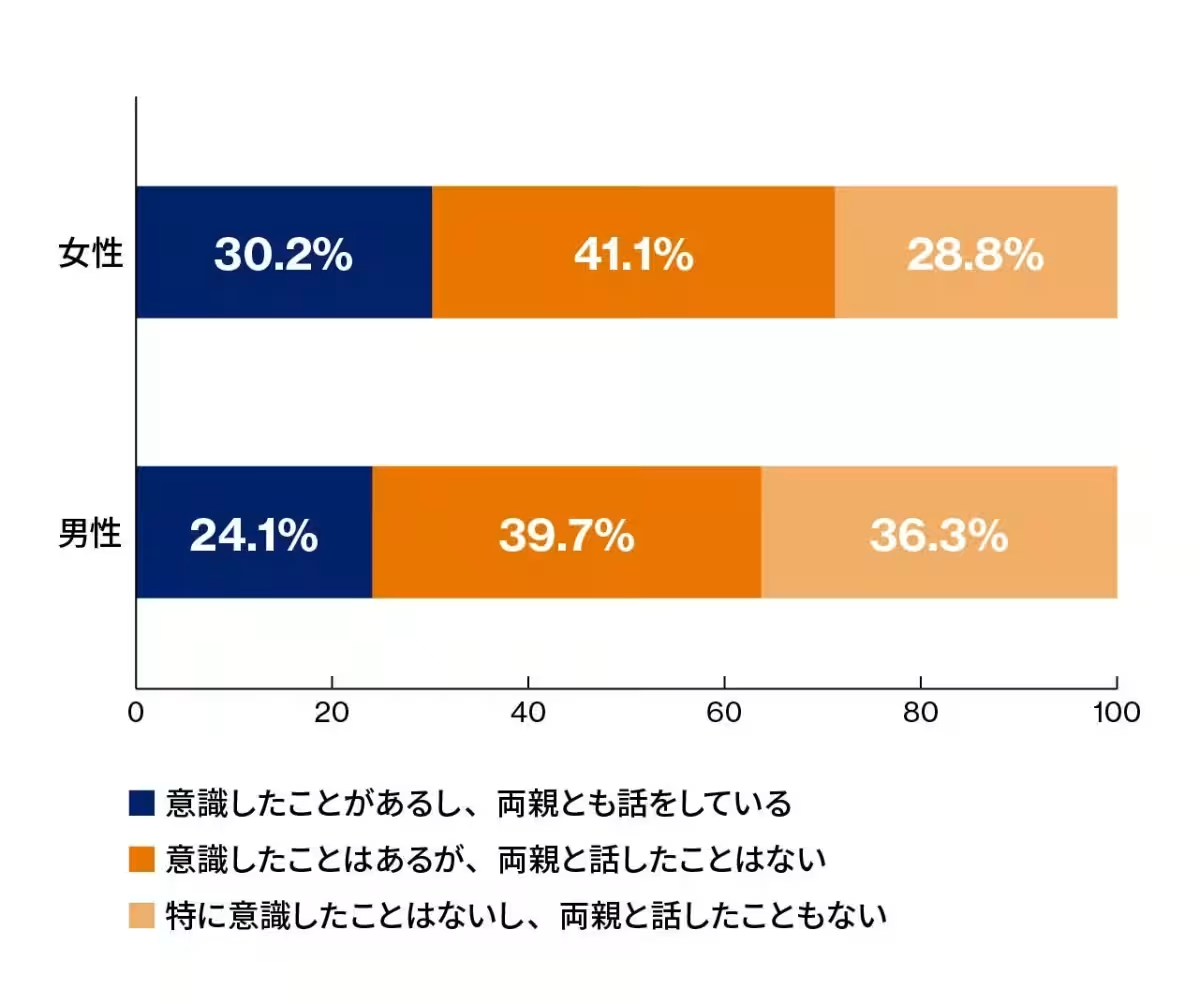
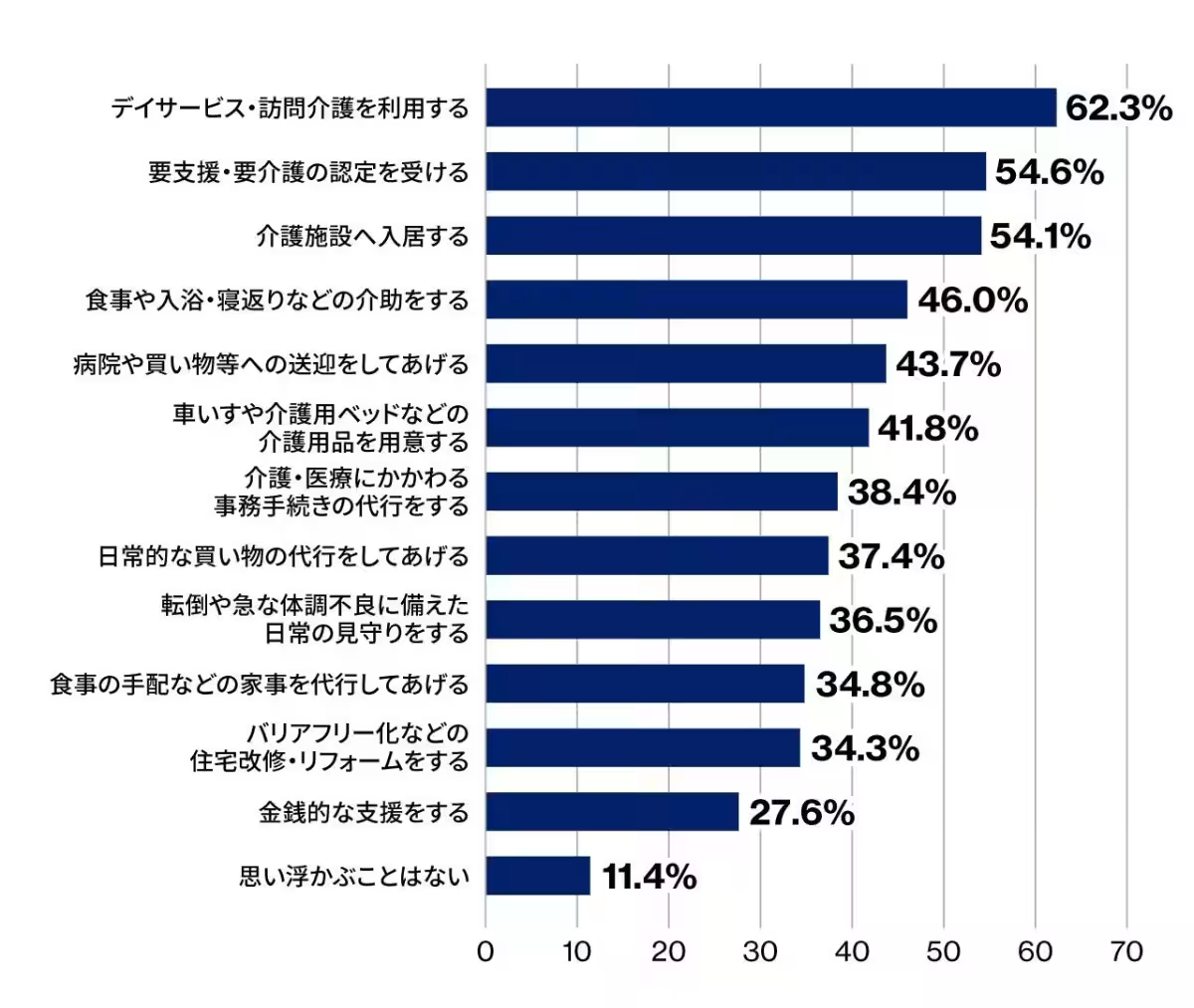
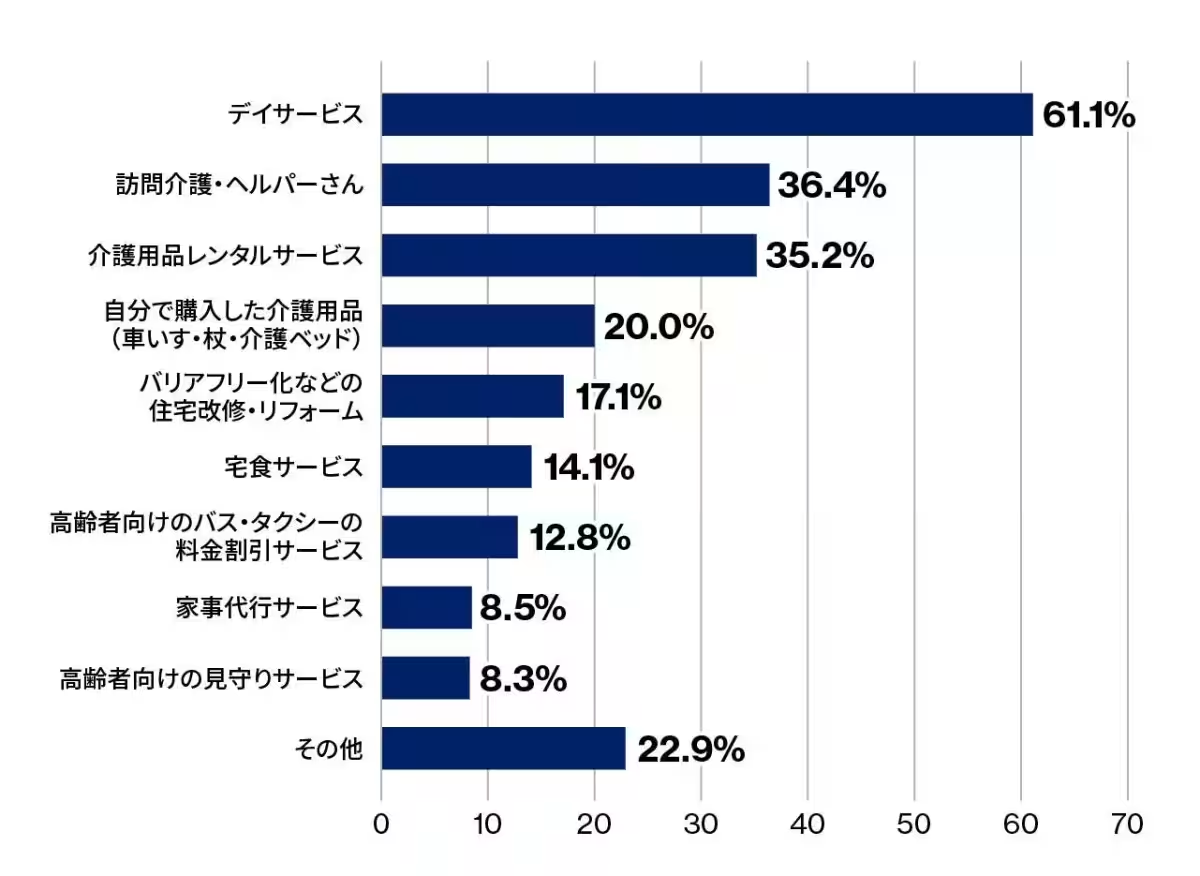
Topics Consumer Products & Retail)










【About Using Articles】
You can freely use the title and article content by linking to the page where the article is posted.
※ Images cannot be used.
【About Links】
Links are free to use.